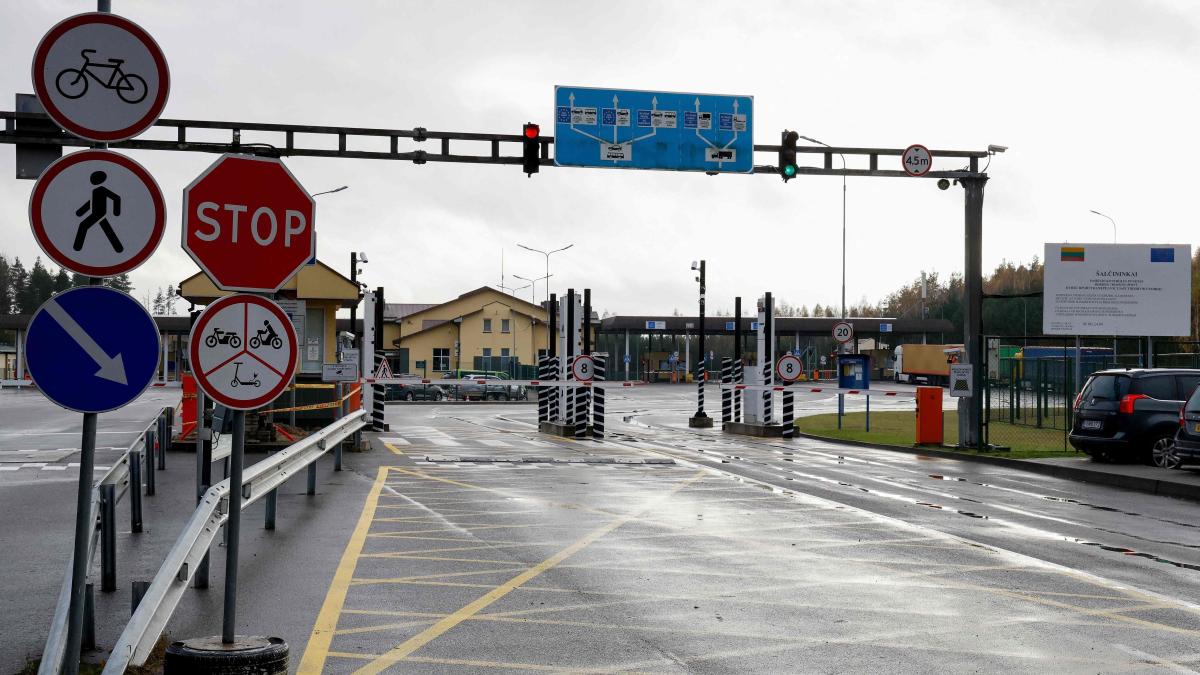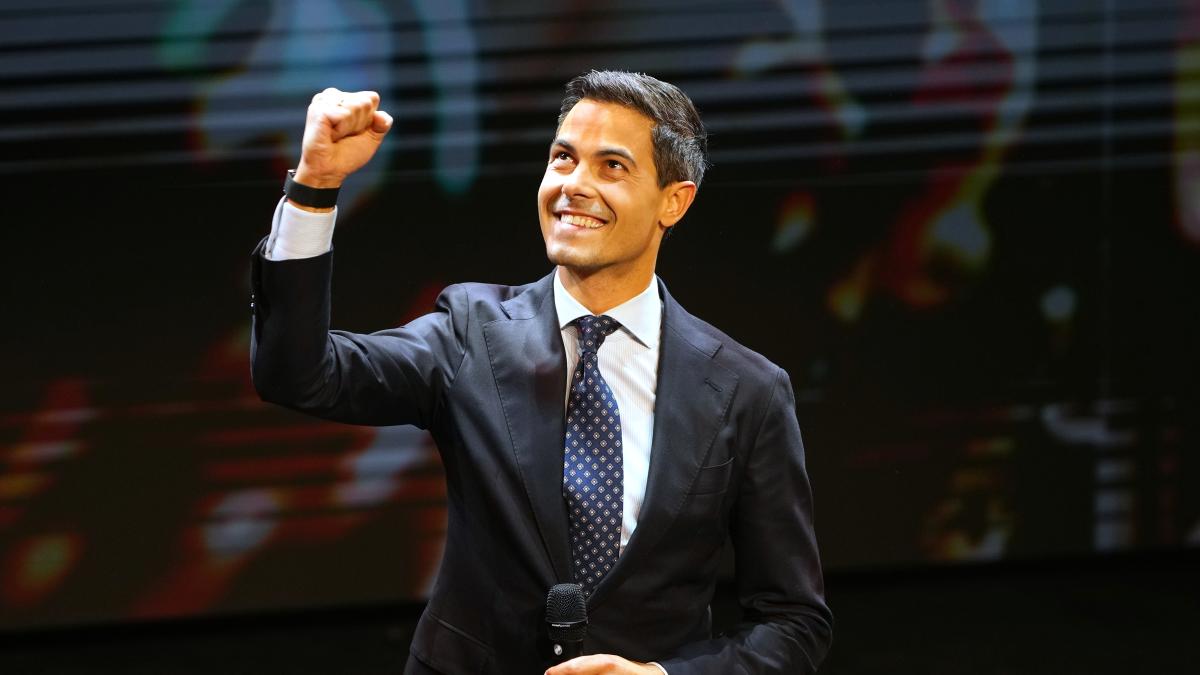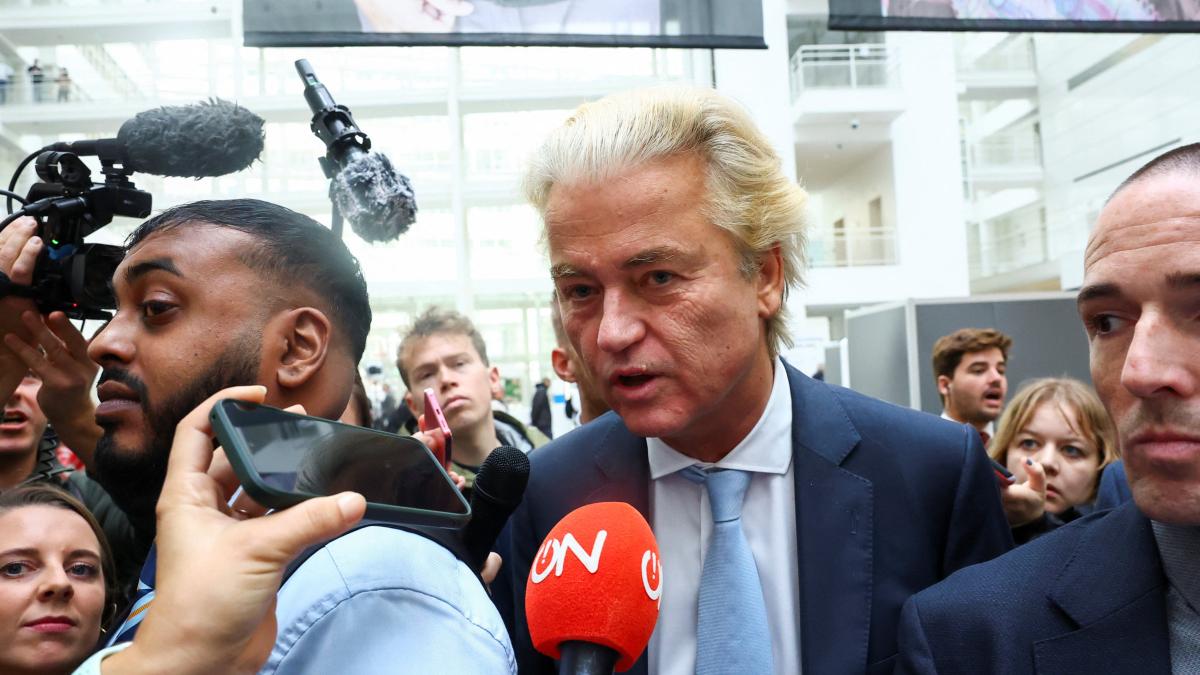“`html
Political Turmoil Over the Messina Bridge Project
The much-discussed suspension bridge project aiming to connect Sicily to the mainland has been met with fierce division and shock as the Court of Auditors has halted this ambitious endeavor. This isn’t just a bureaucratic hiccup for Prime Minister Giorgia Meloni—it’s the precipitous moment igniting a full-blown institutional battle between the government and the judiciary. Just as the Senate stands poised to enact critical reforms in Justice, this setback highlights the growing schism within Italian politics.
Meloni’s Fierce Outcry
The iron-willed Giorgia Meloni wasted no time in launching a blistering attack against the Court of Auditors. She accused them of yet another “act of invasion” against the government’s sovereignty, positioning the court as a politically motivated entity rather than a fair arbiter. “This is an intolerable assault on our democracy and our agenda,” she stated emphatically. Her words drew a direct line between this ruling and the reform of Justice, asserting, “The constitutional reform of Justice and this meddling from the Court are the best responses we can make to such political warfare.”
“We will not bow to judicial overreach!”
In the face of this governmental backlash, Matteo Salvini, leader of the League and vocal supporter of the bridge, rallied behind Meloni, declaring that this was more than mere technicalities; it was a determined political stance. “I will not waver just as I defended our borders; we must explore every avenue to see this project through,” he proclaimed. Antonio Tajani, of Forza Italia, voiced similar indignation, lamenting, “It’s unacceptable that the accounting profession dictates our strategic infrastructure decisions.”
The Opposition Strikes Back
But all is not quiet on the western front—as the Court of Auditors firmly states, “Respect must be given to magistrates,” it emboldens the opposition to hammer the government further. Elly Schlein, secretary of the Democratic Party, lashed out at Meloni, declaring, “This government seeks a free pass to operate above the law!”
- Angelo Bonelli, of the Green-Left Alliance, deemed Meloni’s remarks as a “dangerous strike against democracy.”
- For the 5 Star Movement, the Court’s rejection represents a death knell for a “ridiculous project.”
Bridge Rejection Exposed
As tensions heat up, the details behind the Court’s rejection are coming to the forefront, revealing questionable management of the project. Key documents supporting the bridge’s necessity were flagged for lacking signatures and appearing more like political propaganda than serious economic evaluations. The estimated costs and traffic forecasts were heavily criticized as laughably incomplete, raising serious questions about the validity of this monumental endeavor.
The Government’s Defiant Stance
Despite the resounding defiance from the Court, the Meloni administration remains committed to forging ahead. The Council of Ministers has the authority to push the project forward despite the Court’s advice, as expressed by Forza Italia’s Matilde Siracusano: “This is far from a defeat as some opposition gloom-mongers claim. We will find a way to ensure this law addresses the critical interests of the public!”
Bridge and Justice: A Divided Battlefield
As these events unfold, the intertwined fates of the bridge project and judicial reform show a larger battle for Italy’s future. The Senate’s recent approval of controversial reforms brings to light a growing agenda for the right, pushing a narrative of judicial accountability and public sovereignty. This forthcoming referendum is more than just a vote; it’s a clarion call for Italians to determine their governance, questioning whether they will accept the labels of “invasion” that the government has painted on its critics.
This disputed bridge, which has lingered as Italy’s architectural dream for decades, stands as a symbol of the nation’s rift. The upcoming referendum does not merely challenge the separation of judicial careers—it poses a fundamental question about the nature of governance and accountability in Italy’s democracy.
“`













Leave a Reply